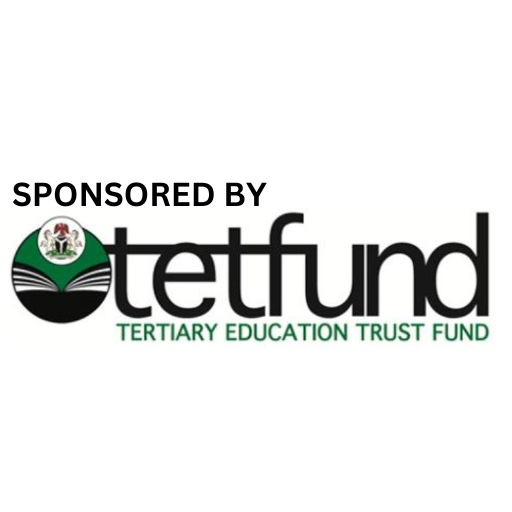Linking Basic Science Teaching to Daily Activities of Learners: An Impetus for Sustainable Global Development
Keywords:
Basic Science, Science classroom, Day to day activities of learners, Traditional methods, Sustainable global developmentAbstract
In an interconnected world where the pursuit of sustainable development is paramount, the acquisition of scientific and technological knowledge and skills is imperative for those striving to obtain the best that the environment can give. Thus, the major goal of basic science education is to equip the learners with essential scientific literacy and process skills and apply them in a problem context. However, despite the recognition of the importance of basic science, the traditional methods employed in its teaching in Nigerian schools often fail to effectively engage learners or demonstrate the relevance of scientific concepts to their daily lives. Yet, within the students’ immediate environments lie a plethora of phenomena that can be seamlessly integrated into basic science classrooms through purposeful and organized learning activities. This paper examines the roles of linking basic science teaching to learners’ day to day activities as a catalyst for sustainable global development. It explores the essence of basic science and its curriculum, alongside the fundamental science process skills, emphasizing their criticality in fostering sustainable development. It further explores strategies for implementing everyday activities of learners linked to basic science in the classroom to promote innovation, problem solving and global sustenance. In essence, to encourage meaningful learning experiences and empower individuals for national growth, this paper advocates for bridging the gap between classroom science teaching and everyday life. Thus, by establishing a robust connection between theoretical concepts and real world applications, teachers can help students understand the importance and practical uses of basic science in their lives for sustainable global development.







